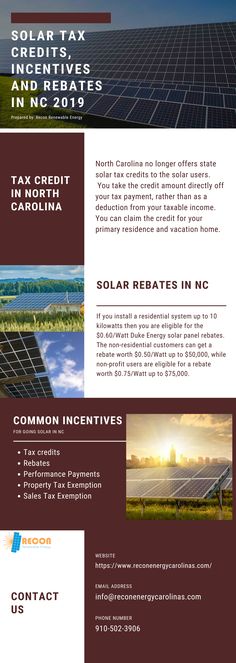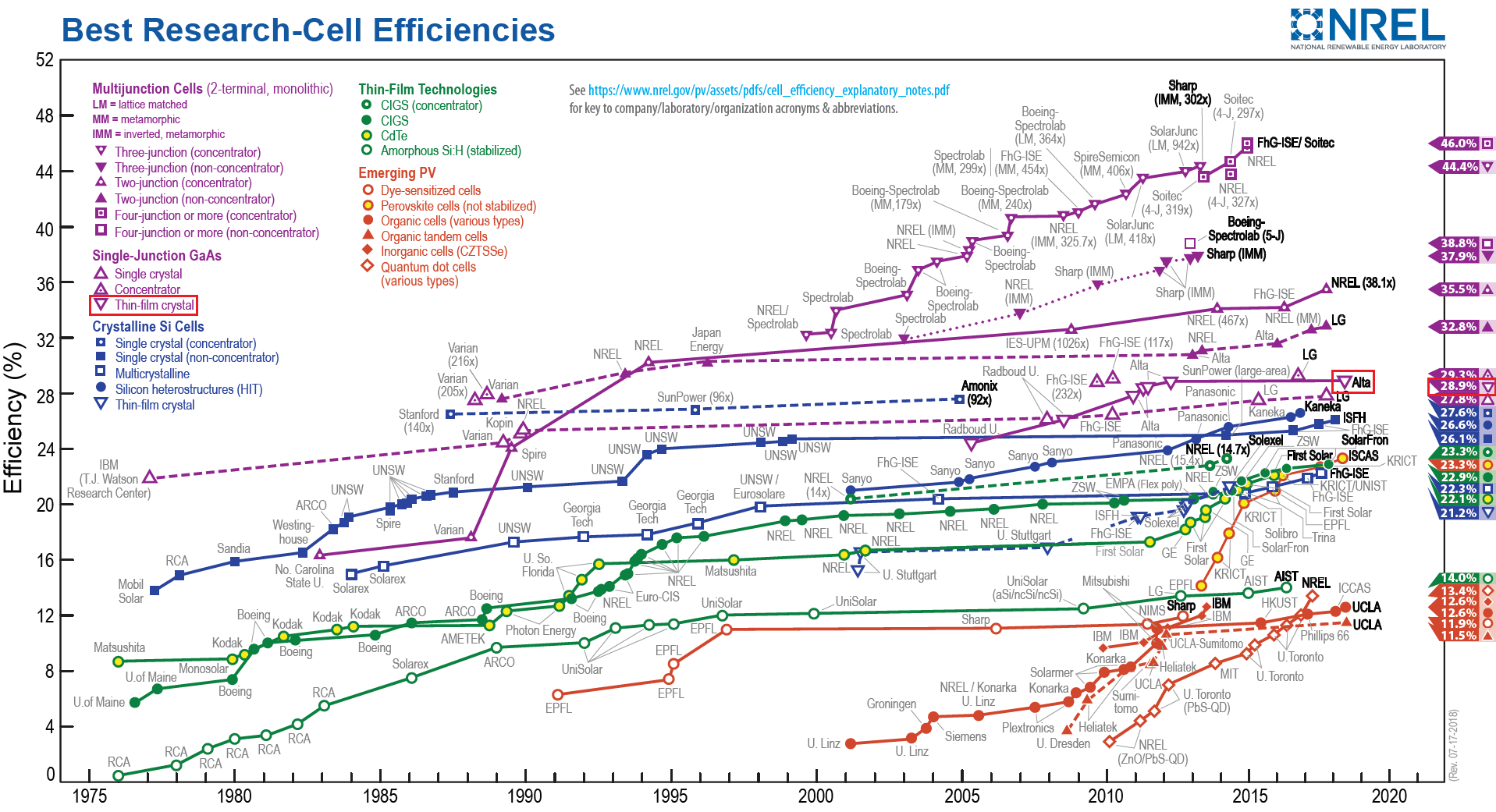
A loan for solar panels can be a great way of financing your investment in solar panels. It can be taken out for an amount as large as $100,000 and repaid over a two to seven-year period. There are many options available for financing this type, including unsecured loans and government loans.
Applying for a loan for solar panel installation
You have many options for financing solar panels. Your credit score plays a significant role in determining the loans you are eligible to apply for. A good score is usually at least 700. Some lenders will grant loans to people with bad credit, but their rates will likely be higher. A cosigner can be helpful if your credit score falls below 620.
The loan is typically repaid over a set number of years. It's ideal for homeowners who plan on staying in their home for many more years. It can take anywhere from eight to twenty years for a solar system to reach profitability.
Government loans
If you are thinking about getting solar panels installed, you should know that the government offers loans to help you with the cost. To help you finance your project, you could get as high as $500,000 However, if you want to qualify for this loan, you need to have a good credit score.

Solar loans have very low interest rates, which can help you save significant money over the life of your loan. A difference of even 1% could translate into significant savings over your loan term. Poor credit can make it difficult to get a loan for solar panels.
Unsecured loans
Unsecured loans can be a great choice if you are looking to integrate solar energy into your home. Although unsecured loans are cheaper than traditional loans, they may not be the best option for your financial future. Solar panels are a good option for anyone who plans to sell their home in the near future. They can also help you recoup your investment.
Unsecured loans are available for solar from many sources. Banks that specialize in solar loans are available. Another option is to join a credit union. These lenders offer lower interest rates and have unique customer needs. These lenders are not available in brick-and-mortar offices. The entire process can be done online and you must be an active member of the organization in order to qualify.
Home equity loan
To finance a solar panel system, a home equity loan can be a great option. The amount of the loan is dependent on the equity in your home, as well as other factors like your income and credit rating. This loan usually has a fixed rate which means that you can expect to make a monthly payment.
Typically, home equity loans have lower interest rates than other solar loans. This is because they are secured against the home, which means that they carry less risk. Getting the lowest possible interest rate will save you money in the long run.

Power purchase deals
Power purchase agreements with loans for solar are a popular way for homeowners, businesses, and communities to acquire solar power systems. Customers can buy energy at a lower rate than their utility, often at a discount. The agreements also provide predictable long-term electricity costs. Customers can also extend their power purchase agreements or buy the solar system completely outright.
Many times, the PPA includes upgrades to the site and trimming trees. These RECs could be worth hundreds in some states. These RECs are only available to utilities that meet a minimum threshold. This is often very high.